

In partnership with the New South Wales regulatory authority, ACECQA has developed a series of short, interactive eLearning modules to help approved providers understand their responsibilities under the National Law and Regulations. These modules are also available in web accessible versions.
The following lists the sub outcomes, examples of evidence when children can achieve each sub outcome and how educators can promote and help children to achieve MTOP Learning Outcome 5 - Children Are Effective Communicators.
In a mixed age group of children, an educator who is caring for one age range of children can also be counted against another age range of children, as long as the ratio for each age range is maintained and adequate supervision is maintained at all times.
Conducting performance reviews is an effective way to recognise and reward individual educators contributions within the service. The purpose of performance reviews is to assess the performance of individual educators and to improve communication between Educators and management.
Within the Early Years Learning Framework, there are three basic concepts that children’s lives are characterized by. They are Belonging, Being and Becoming.
As a Diploma Qualified educator, you are to plan, implement and evaluate an educational program that supports a holistic approach to the care and development of children aged from birth to six years of age.
As a Cert 3 Qualified Education, you are required to work in a team to provide high-quality early childhood education development, learning and care to children.
As Educators, there will be many instances where you will need to write about a child's behaviour. For a behaviour management plan, assessments, half-yearly or yearly reports and more. The following lists descriptive words and their meaning that can be used to describe a child's behaviour.
For centre-based services, some centres calculate ratios across the whole service, not by individual rooms. The term used is "under the roof".
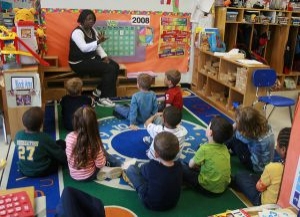 Working as a childcare professional can be a challenge especially when dealing with behavioural problems which may arise. The techniques we use when dealing with… Read More
Working as a childcare professional can be a challenge especially when dealing with behavioural problems which may arise. The techniques we use when dealing with… Read More
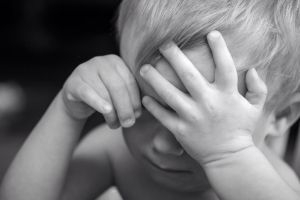 There are different types of behaviour that children can display and sometimes it can be hard to manage, especially if a child is having behavioural… Read More
There are different types of behaviour that children can display and sometimes it can be hard to manage, especially if a child is having behavioural… Read More
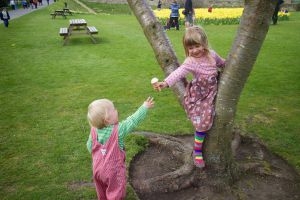 As a parent, your behavioural expectations of your child can be higher than what is actually developmentally appropriate for your child's age.
Read More
As a parent, your behavioural expectations of your child can be higher than what is actually developmentally appropriate for your child's age.
Read More
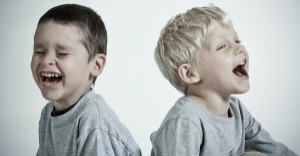 As Educators, there will be many instances where you will need to write about a child's behaviour. For a behaviour management plan, assessments, half-yearly or… Read More
As Educators, there will be many instances where you will need to write about a child's behaviour. For a behaviour management plan, assessments, half-yearly or… Read More
 As Educators when communicating with Parents (through verbal or non-verbal communication), there will be times where we need to discuss issues or concerns that may… Read More
As Educators when communicating with Parents (through verbal or non-verbal communication), there will be times where we need to discuss issues or concerns that may… Read More
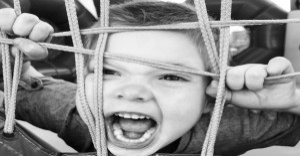 Challenging Behaviour is when a child does something that hurts themselves and/or other people.
Read More
Challenging Behaviour is when a child does something that hurts themselves and/or other people.
Read More
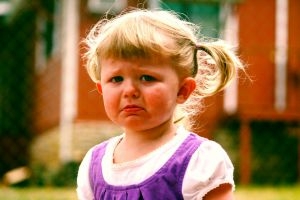 As part of your child's development it is normal for your child to have anxiety and fears. A baby commonly shows a fearful sign to… Read More
As part of your child's development it is normal for your child to have anxiety and fears. A baby commonly shows a fearful sign to… Read More
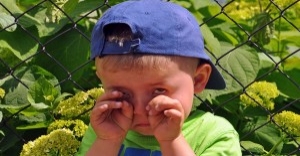 It's always difficult to bring up behavioural issues with parents, it can be nerve wrecking to tell a parent that their child misbehaves but that… Read More
It's always difficult to bring up behavioural issues with parents, it can be nerve wrecking to tell a parent that their child misbehaves but that… Read More
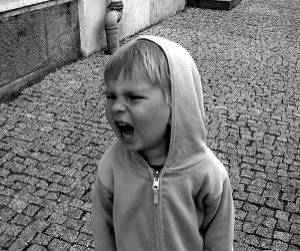 All children deal with anger on a daily basis. Thinking about it as a child, there is a lot to be angry about. Elder people… Read More
All children deal with anger on a daily basis. Thinking about it as a child, there is a lot to be angry about. Elder people… Read More
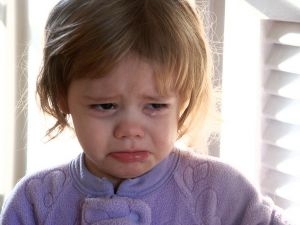 It is important to understand that your child behaviour problems could not just be from attention seeking. There are many factors to take into consideration… Read More
It is important to understand that your child behaviour problems could not just be from attention seeking. There are many factors to take into consideration… Read More
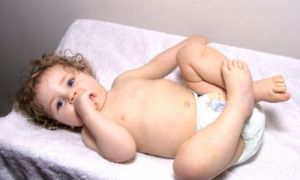
You have just become parents for the first time....a baby is a wonderful miracle...you hold...
See more...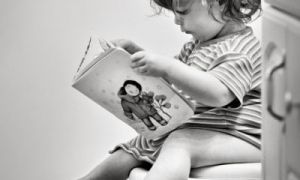
Congratulations...your toddler is growing up! This is such a big milestone for your child to...
See more...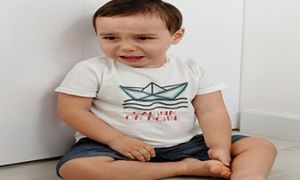
Supporting toddlers aged 2–3 years with challenging behaviors requires understanding their developmental stage and using...
See more...© 2009-2025 Aussie Childcare Network Pty Ltd. All Rights Reserved.

